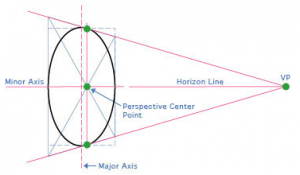 It's been over a year since I published my book, Zombie Project Management, to the Amazon Kindle store. It was fun writing it and discovering the process of publishing a book. So, you can image my surprise when Amazon sent me an email a few days ago.
It's been over a year since I published my book, Zombie Project Management, to the Amazon Kindle store. It was fun writing it and discovering the process of publishing a book. So, you can image my surprise when Amazon sent me an email a few days ago.
During a review of your catalog, we found that one or more of your titles contain content that is freely available on the web. Copyright is important to us – we want to make sure that no author or other copyright holder has their work claimed and sold by anyone else.Zombie Project Management (ASIN:B004V1GWFQ)
If, in fact, you are the sole owner of the publishing rights for the books listed above, please provide the URLs for all websites where you have previously published this or any other Kindle content. Please respond within five business days with the requested URLs so we can verify you have the sole publishing rights, or the books will be removed from sale in the Kindle Store. If the content of your book(s) are in the public domain, please confirm this and include the information you used to make this determination.
I promptly sent them a link to The Critical Path blog. I stated the origin of my book content was from my blog (which I am the sole owner of) and I had granted syndication rights to Talking Work. I claim to have sole publishing rights to the content in the book.
The response took just a few days
Hello, Thank you for your cooperation in providing the requested information. The following book(s) will continue to be available in the Kindle Store. Zombie Project Management (ASIN:B004V1GWFQ) If you have any questions regarding the review process, you can write to us at ...
Best Regards, Aaron W. Amazon.com
I have three takeaways
- Don't plagiarize. We all have something to say, write, or do. Let your work stand on its own.
- If you are in the right, you fight! Don't be shy about it.
- Amazon was quick and they were fair. It was a good experience.
To close, I'm going to quote Seth Godin from one of his blog posts.
Go, give a speech. Go, start a blog. Go, ship that thing that you’ve been hiding. Begin, begin, begin and then improve. Being a novice is way overrated
Image Source: Pictofigo



